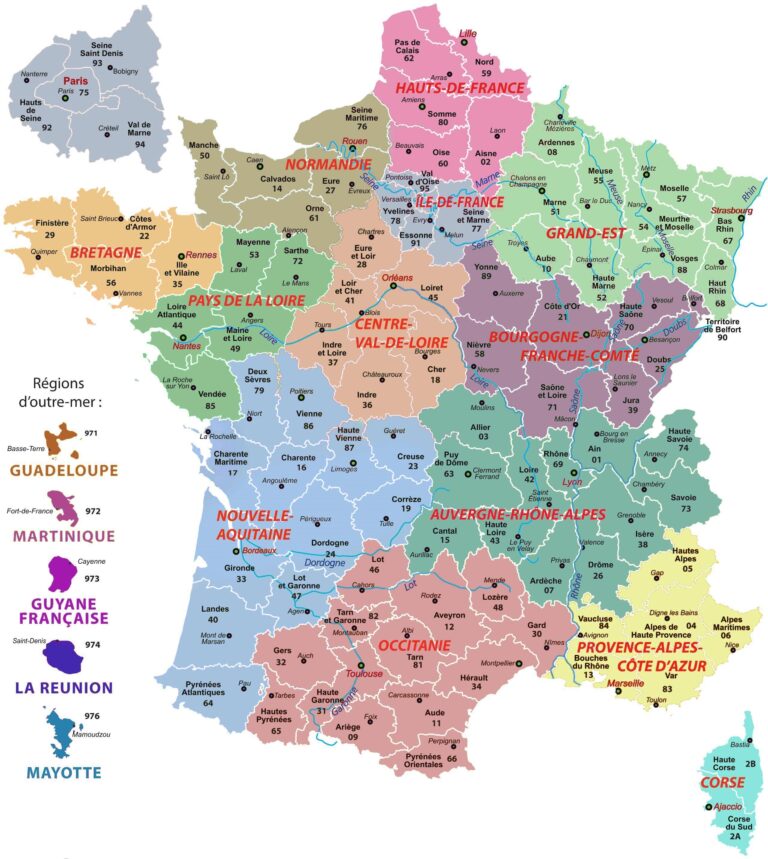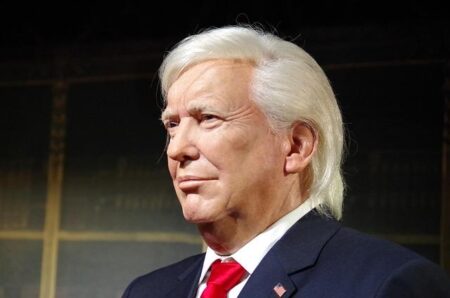France, Germany, and the United Kingdom have signaled their intent to activate snapback sanctions against Iran, escalating tensions amid ongoing disputes over the country’s nuclear program. According to the Financial Times, the three European powers are poised to invoke a rarely used United Nations mechanism aimed at reinstating international sanctions that were lifted under the 2015 nuclear deal. This move reflects growing frustration over Iran’s recent nuclear activities and marks a significant development in the fragile diplomatic landscape surrounding Tehran’s compliance with global agreements.
France Germany and UK Prepare to Reinstate Snapback Sanctions on Iran
France, Germany, and the United Kingdom are poised to reactivate the so-called snapback sanctions against Iran, a move signaling deepening concerns over Tehran’s recent nuclear activities. This decision follows mounting evidence suggesting Iran’s non-compliance with several key provisions of the 2015 nuclear agreement. The European powers have called for urgent diplomatic engagement but stressed that legal mechanisms outlined in the UN framework allow them to reimpose previously lifted sanctions without the need for Security Council approval.
Key points surrounding the anticipated snapback include:
- Legal Framework: Utilizing the “dispute resolution” mechanism in UN Resolution 2231.
- Political Dynamics: Tensions rise with the U.S. stance on Iran’s nuclear program.
- Regional Security: Heightened concerns among Middle Eastern allies regarding proliferation risks.
| Country | Role | Sanction Type |
|---|---|---|
| France | Lead Diplomatic Voice | Financial & Trade Restrictions |
| Germany | Negotiation & Enforcement | Energy Sector Limits |
| UK | Legal & Security Coordination | Technology Export Controls |
Implications for Iran Nuclear Deal and Global Diplomatic Relations
The decision by France, Germany, and the UK to pursue the snapback mechanism reflects a renewed assertiveness in enforcing compliance with the Iran nuclear framework. This move signals a potential climax in the long-standing tensions surrounding Tehran’s nuclear ambitions, as these European powers assert their commitment to a rules-based international order. The snapback sanctions-designed to automatically reinstate restrictions lifted under the original deal-could dramatically affect economic and diplomatic dynamics, reigniting fears of escalation and destabilizing the already fragile diplomatic architecture that has primarily involved the US, Russia, China, and regional stakeholders.
The broader global diplomatic landscape faces new challenges as alliances recalibrate in response to this development. Key implications include:
- Increased diplomatic strain between Western capitals and Tehran, risking a hardened stance from Iran in nuclear negotiations.
- Pressure on the Biden administration to navigate between re-engaging Iran and supporting European partners, complicating US foreign policy coherence.
- Potential distancing of Russia and China, who may oppose the sanctions’ reimposition, further polarizing international forums like the UN Security Council.
- Heightened economic volatility in global oil markets due to the prospect of renewed sanctions, impacting energy prices and supply chains.
| Stakeholder | Likely Position | Potential Impact | |||||||||
|---|---|---|---|---|---|---|---|---|---|---|---|
| France, Germany, UK | Support snapback sanctions | Strengthen non-proliferation but risk Iran’s retaliation | |||||||||
Continued Table (Example Completion)| Stakeholder | Likely Position | Potential Impact | Summary of Implications
If you need help finishing the table with specific stakeholder positions or want me to draft further analysis or recommendations, just let me know! Strategic Recommendations for Stakeholders Amid Heightened TensionsIn the current geopolitical climate, stakeholders are advised to adopt a cautious yet proactive approach. Businesses and diplomatic entities should prioritize comprehensive risk assessments that account for rapidly shifting regulations and the possibility of intensified sanctions enforcement. This includes strengthening compliance frameworks and fostering transparent communication channels across international partners. Equally important is the diversification of supply chains to mitigate potential disruptions stemming from renewed restrictions, especially in industries heavily reliant on Iranian markets or resources. Key strategic actions to consider include:
|




